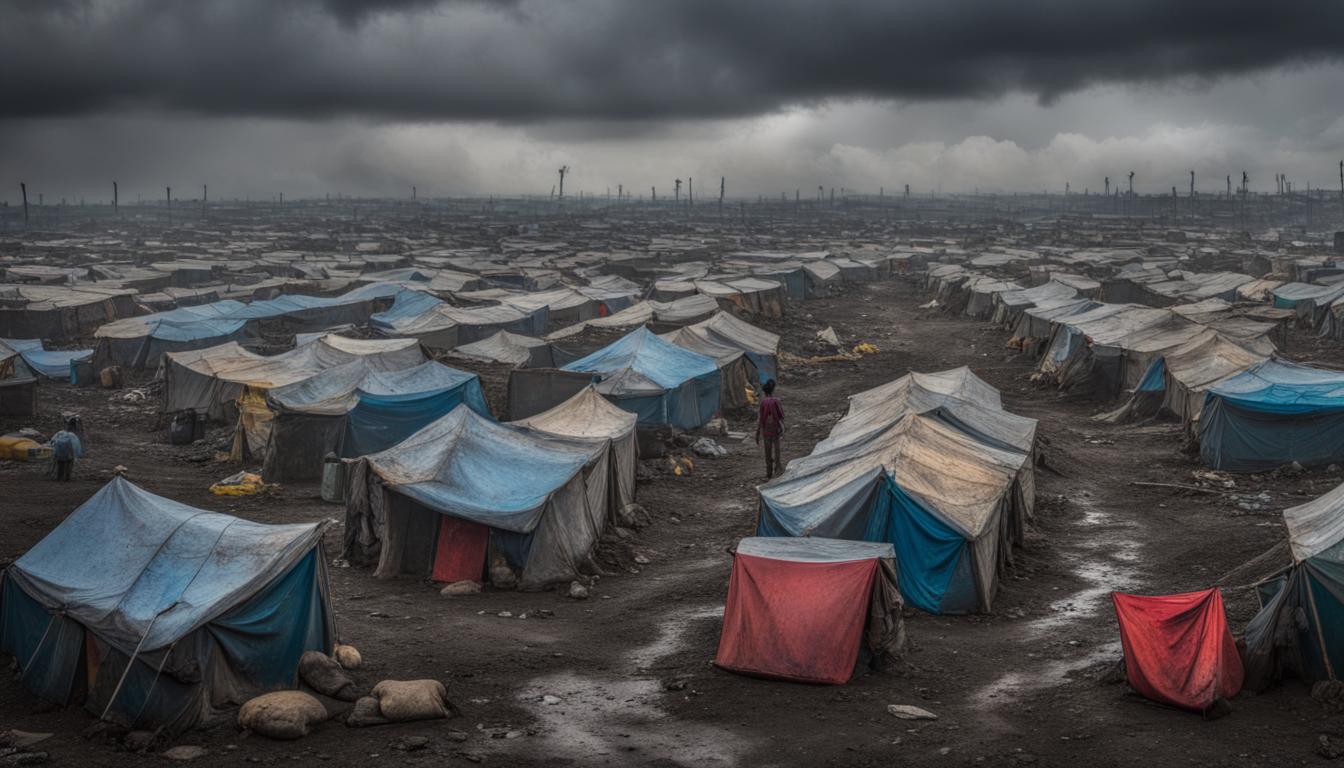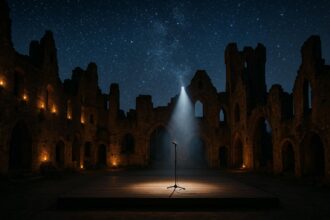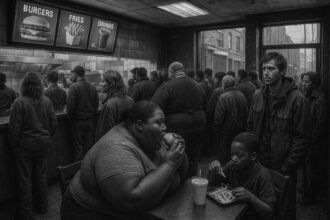Recent attacks in displacement camps near Goma, Congo, resulting in multiple casualties, have escalated tensions as the M23 rebel group continues its advance, prompting international outcry and fears of war crimes.
Recent bombings at two displacement camps near Goma, Congo, resulted in the death of at least 12 individuals and injured over 20, with children included among the casualties. The incidents occurred as the area faces increasing violence from the M23 rebel group, who recently took control of Rubaya, a key mining town in eastern Congo. The UN, which plans to withdraw peacekeepers later this year, has condemned these attacks as potential war crimes.
The M23, linked to neighboring Rwanda, has been accused by the Congolese government of carrying out the bombings. Rwanda denies any involvement. In response to the escalating tension, US officials have expressed severe concerns over the destabilization in the region.
Eastern Congo has long been plagued by conflict involving over 100 armed groups, all vying for control of mineral resources. This prolonged unrest has led to one of the globe’s most severe humanitarian crises, displacing millions and severely restricting access to aid.
The capture of Rubaya is of particular concern due to its rich tantalum deposits, essential for manufacturing smartphones. This surge in conflict has not only exacerbated the local humanitarian situation but has also raised alarms over the export of “blood minerals” in technology supply chains worldwide. The M23 previously seized Goma in 2012 and now threatens the city’s security once more.
These developments continue to impact the lives of millions in eastern Congo, with long-term implications for regional stability and international trade in critical minerals.













